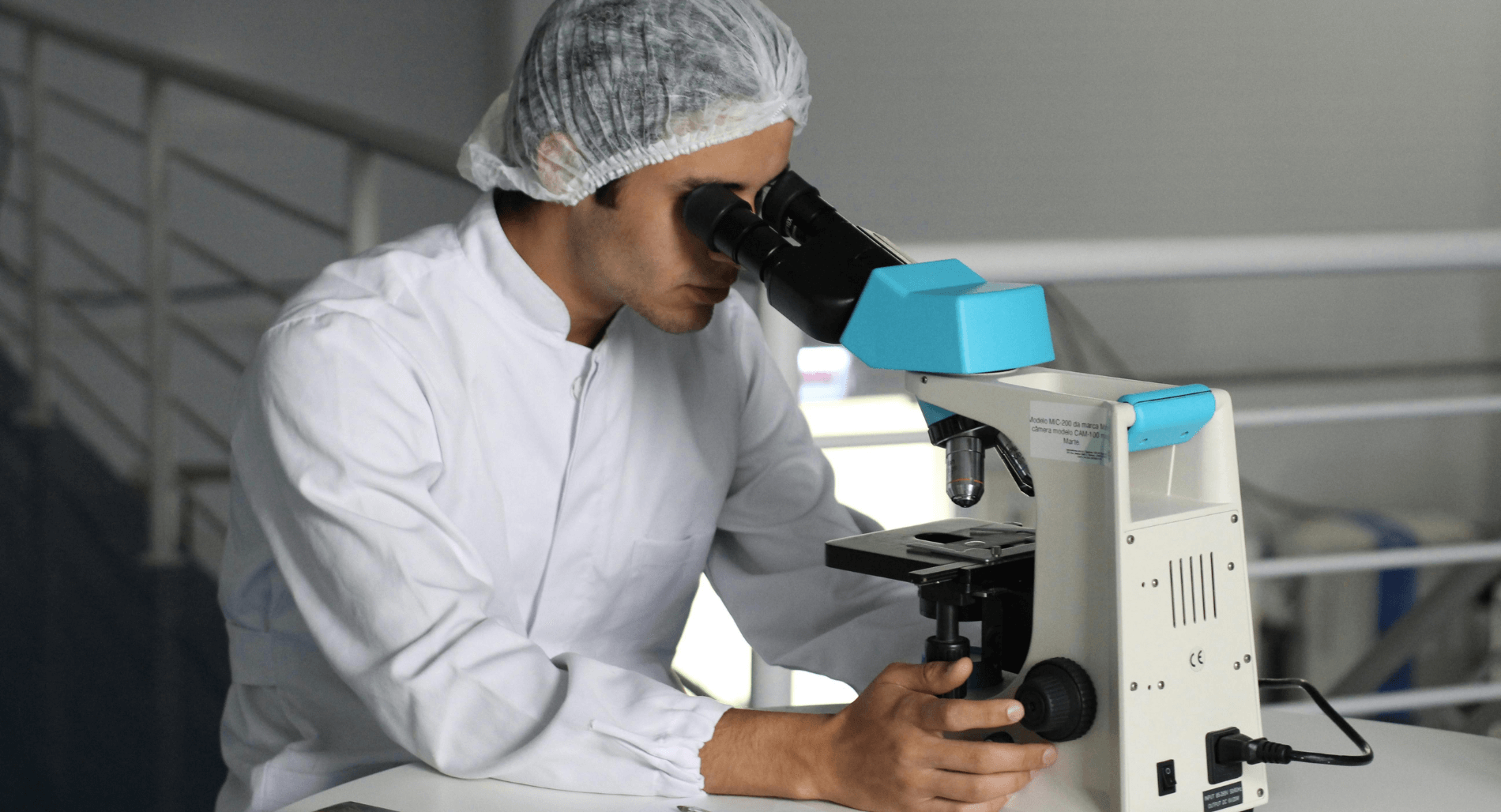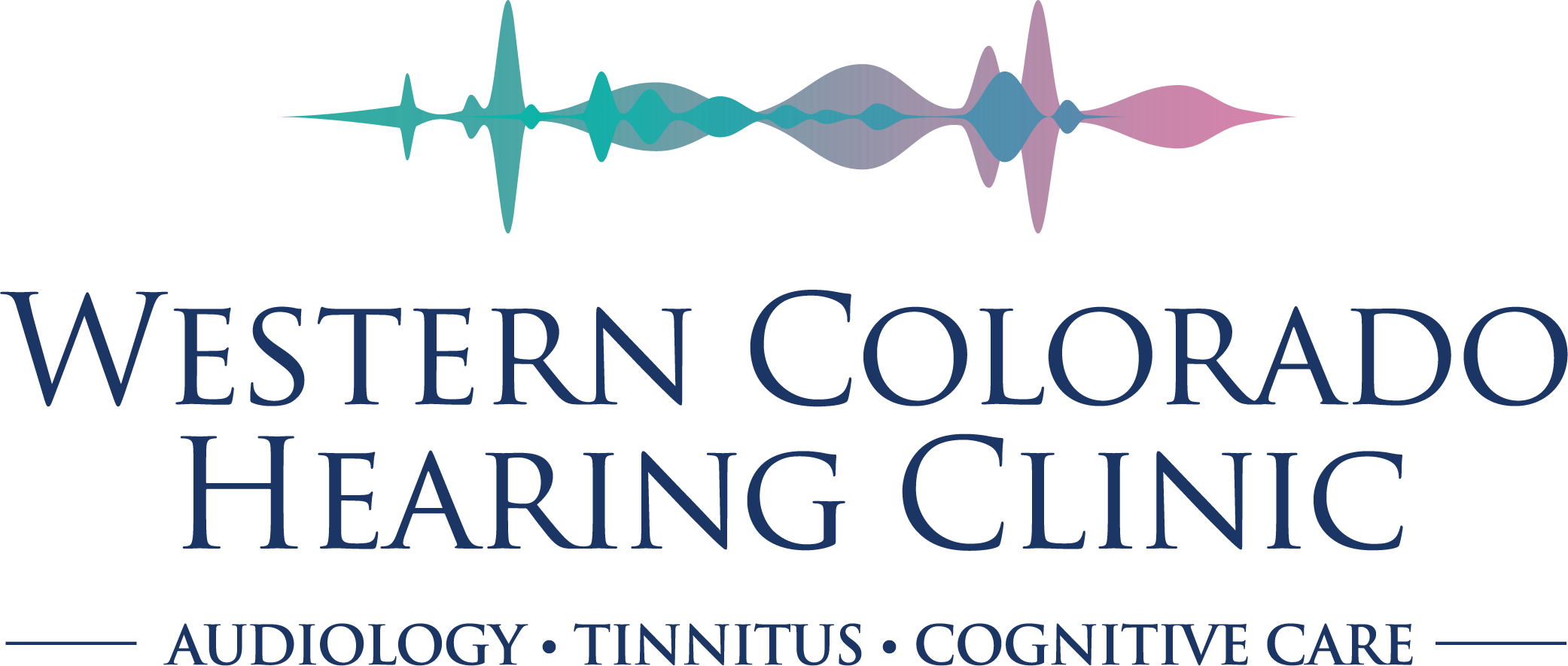We Moved! Visit us at
605 25 Rd, #100, Grand Junction, CO 81505
Proteins and Hearing Loss – New Discoveries
Return to Blog

Proteins and Hearing Loss – New Discoveries
Recent scientific discoveries have unveiled a new understanding of the proteins involved in hearing loss. These findings could revolutionize the way we approach hearing health and pave the way for more effective treatments.
Proteins are essential components of our cells and tissues, playing crucial roles in various bodily functions. In the context of hearing, certain proteins are responsible for maintaining the health and function of the inner ear. They help in the transmission of sound signals from the ear to the brain, enabling us to hear and process sounds. When these proteins malfunction or are absent, it can lead to hearing loss.
The Discovery of New Proteins
Recent research has identified new proteins that are critical for hearing. One of these proteins, known as TMC1, has been found to play a significant role in converting sound waves into electrical signals that the brain can interpret. Mutations or defects in the TMC1 protein can disrupt this process, leading to hearing loss.
Scientists have also discovered other proteins, such as prestin and otoferlin, that are involved in the mechanics of hearing. Prestin is crucial for the amplification of sound waves within the cochlea, while otoferlin is important for the release of neurotransmitters that carry sound signals to the brain. Understanding the functions of these proteins helps us to comprehend how hearing works at a molecular level and how hearing loss can occur.
How Protein Malfunctions Lead to Hearing Loss
When the proteins involved in hearing malfunction, it can result in various types of hearing loss. For instance, a defect in the TMC1 protein can cause a type of genetic hearing loss known as DFNA36. This type of hearing loss is progressive, meaning it worsens over time. Children with DFNA36 may be born with normal hearing but gradually lose their hearing as they grow older.
Similarly, mutations in the prestin or otoferlin proteins can lead to other forms of hearing loss. These mutations can affect the way sound waves are amplified or how neurotransmitters are released, leading to difficulties in hearing and processing sounds. By identifying and understanding these protein malfunctions, researchers can develop targeted treatments to address specific types of hearing loss.
Potential Treatments and Future Research
The discovery of these proteins opens up new possibilities for treating hearing loss. Gene therapy, for example, is a promising approach that involves correcting the defective genes responsible for producing malfunctioning proteins. By delivering healthy copies of these genes to the inner ear, scientists hope to restore normal protein function and improve hearing.
Another potential treatment involves the use of small molecules or drugs that can enhance the function of the existing proteins. Researchers are exploring ways to design these molecules to target specific proteins involved in hearing, potentially reversing the effects of hearing loss.
Future research will continue to explore the roles of these proteins and how they interact with each other to facilitate hearing. Understanding the complex network of proteins involved in hearing can lead to more effective treatments and preventive measures.
The Role of Hearing Health Exams
With these new discoveries, the importance of regular hearing health exams becomes even more evident. Hearing health exams can help detect early signs of hearing loss and identify potential genetic factors. Early detection allows for timely intervention and treatment, which can slow down or even prevent the progression of hearing loss.
During a hearing health exam, providers can perform a variety of tests to assess your hearing abilities and determine if there are any underlying issues related to protein malfunctions. These exams are crucial for monitoring your hearing health and ensuring that any problems are addressed promptly.
The discovery of proteins involved in hearing loss significantly advances our understanding of hearing health. These proteins play vital roles in the mechanics of hearing, and their malfunction can lead to various types of hearing loss. With ongoing research and potential treatments on the horizon, there is hope for more effective ways to manage and treat hearing loss.
Regular hearing health exams are essential for detecting early signs of hearing loss and addressing any issues related to protein malfunctions. By staying informed about the latest research and advancements, you can take proactive steps to protect your hearing and improve your overall quality of life.



